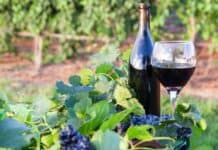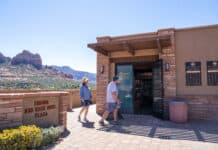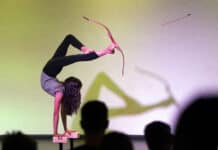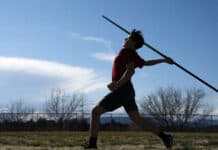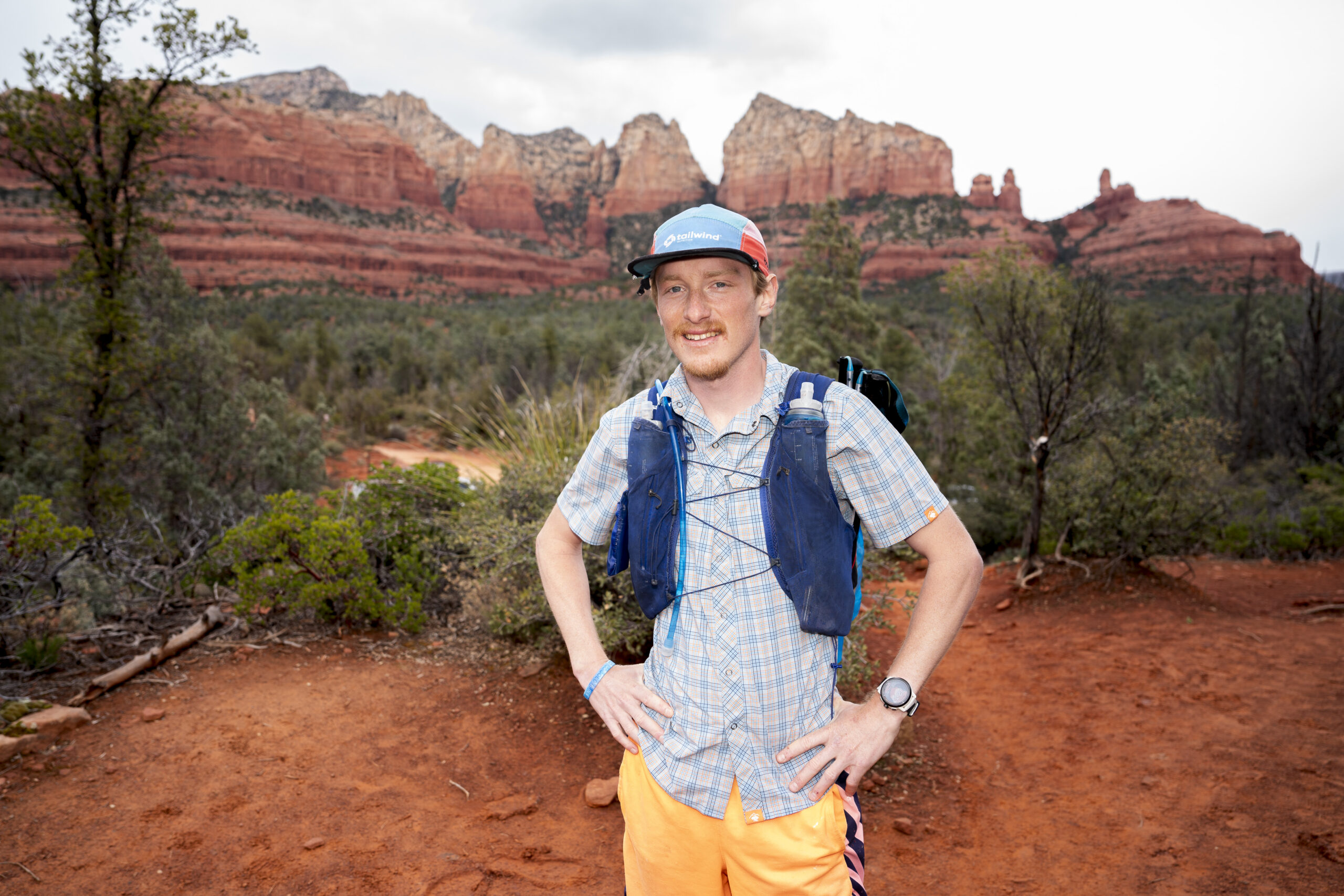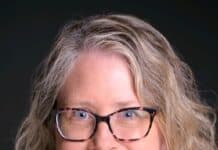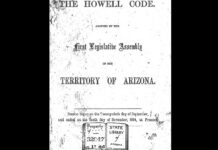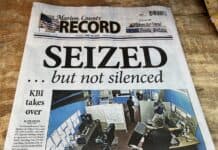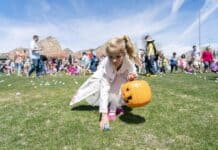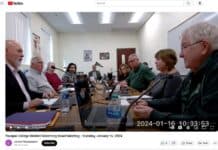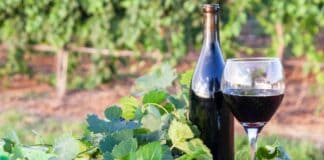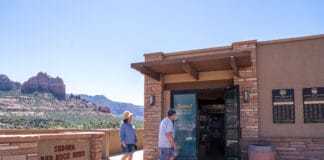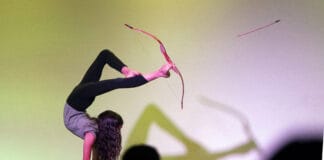
When Barbara Lago donated four homes on 10 acres of land off Dry Creek Road in West Sedona to Rainbow Acres, a 501(c)(3) residential community in Camp Verde for adults with special needs, she changed the lives of many young adults with autism. That act of generosity is now bearing fruit.
Last week, Sedona Lago Gardens introduced the public to a residential community offering a bright future for young adults with autism or other neurodiversity conditions and cognitive challenges. The project’s goal is to encourage them to live independently and empower them to pursue their dreams.
Gary Wagner, president and CEO of Sedona Lago Gardens, believes that this is just their first step in serving adults with special needs. “Having Lago Gardens become a significant player in the field of neurodiversity is going to be a real contribution to the quality of life in Sedona, and people’s image of Sedona as a caring place,” Wagner said.
Neurodiversity or neurodivergence is a term that refers to variations in the human brain and cognition affecting such behaviors as sociability, learning, attention, mood and other mental functions, and is associated in part with autism spectrum disorder.
Autism is rare, but its diagnosis has increased by 241% since 2000, according to the Centers for Disease Control and Prevention.
In 1970, 1 to 2 of every 10,000 children in the U.S. were diagnosed with autism. Today, that number is 1 in 44 children. The bulk of that increase, however, has resulted from growing awareness of autism and changes to the diagnostic criteria for autism.
Autism was not listed at all in the “Diagnostic and Statistical Manual of Mental Disorders” until 1980, which required patients to meet six specific criteria in order to be diagnosed with autism. The 1987 DSM required patients to meet eight of 16 new criteria.
The 1994 DSM classified milder forms of neurodiversity as autism, while the 2013 edition collapsed autism, Asperger syndrome and various pervasive developmental disorders into a single diagnosis of autism spectrum disorder, regardless of severity or of conditions that would not be considered autism under earlier guidelines. Boys are four times more likely to be diagnosed with autism than girls.
“Neurodiversity people are more likely to be unemployed than people with any other disability. Unemployment for neurodivergent adults runs at least as high as 30% to 40%, which is three times the rate for people with disability, and eight times the rate for people without disabilities,” said Erin Boisrond, life coach and team leader with Lago Gardens.
“Erin can really put wings on the program,” Wagner stated. “Because the need for this work in this whole field of autism is tremendous. Eight out of 10 young adults with autism, who have completed their education, are unemployed and still living at home. They fail to thrive or launch independently.”
“For the last five years, I’ve been hearing these heartbreaking stories. This is something we could do something about. It enriches the whole community to have an organization that cares for people like this,” Wagner said.
Barbara Lago was instrumental in redefining the possibilities for young adults with neurodiversity. She and her late husband helped to create a pathway to independence for them. Lago was the director of developmental microbiology at Merck Pharmaceuticals in New Jersey, where she met her husband, Jim Lago, who was vice president of process research and development at Merck and the first engineer from the pharmaceutical industry to be inducted into the National Academy of Engineering in 1990.
The couple purchased their home in West Sedona in 2011.
The Lago’s first contacted Rainbow Acres when wanting to donate a farm tractor to the ranch, and subsequently learned about how Rainbow Acres interacted with its donors and provided quality services for adults with disabilities.
After Jim Lago died on Jan. 1, 2018, Barbara Lago decided to create a beneficial environment for autistic adults and created The Lago Trust in April 2019.
Lago, 91, still lives in one of the homes on the property.
The community is a small village of four residences connected by floral gardens, stables, a 1-acre corral and amenities with scenic views of the red rocks. Each of the homes has a different design and will house four adults.
“Lago Gardens is an affiliate of Rainbow Acres,” Wagner, a former president and CEO of Rainbow Acres, said. “Rainbow has been around for about 48 years. It’s older than most nonprofits in Sedona and the Verde Valley. They needed new housing, new programs and a greater body of support — so that was my three priorities.”
Wagner says the goal at Rainbow Acres was to provide long-term care for individuals with developmental disabilities who might otherwise not be able to live independently.
“Their families want them to be in a safe place where they can enjoy a quality of life that’s not available,” he said.
“There are two dynamics that happen when a family has a child with a disability,” Wagner continued. “Moms feel agonizing guilt, and feel like it’s their responsibility. But for most neurotypical couples, there is no fault. Because they lived in anticipation of that baby’s birth, they did everything to protect that. Guilt is a terrible crippling thing for moms, and it can be for dads, too. Especially if it’s a boy, and that child can’t fulfill dad’s dreams of playing catch or following a dad’s steps in the family business.”
Wagner noted that when he witnessed families bringing their loved ones to Rainbow Acres, “within a years’ time, they would see how their loved one has blossomed, how they’ve grown, how they thrived. I think that’s going to be true with the people we work with here [at Sedona Lago Gardens] who are neurodivergent, who are autistic. And I can’t wait to see.”
According to Boisrond, the Gardens’ Pathways to Independence program will offer professional one-on-one life coaching and mentoring paired with education and employment support to prepare these young adults for a lifetime of achievement based on their stated goals and aspirations.
“This is not a long-term placement,” Boisrond said. “We are looking at two to five years to be able to demonstrate independence with the skill sets that we’re identifying where there’s a targeted need.”
Boisrond began her career as a special education teacher. She says it has been her passion to provide teens and young adults with opportunities to gain independence.
“Giving young adults with disabilities the tools they need to be successful, and to live on their own is something that is not only needed in Northern Arizona but needed nationally as well,” Boisrond said. “Over the last 16 years, I have been fortunate enough to be given the creative freedom to design and implement functional life skills programs for teens and young adults that focused on vocational and community living skills. Several individuals I worked with now hold jobs, and some even live independently.”
Boisrond said the individuals they will be working with are gifted but struggle with independent living, whether it is task initiation, problem-solving, understanding social cues, being able to generalize and diversify how they communicate within a set amount of community places, the ability to get and maintain friendships or the ability to have a romantic relationship.
“All these components are really a struggle for the population that we’re going to be working with and are so needed,” Boisrond said. “We see a great deal of anxiety, depression with our young adults, because they just don’t have the services and their parents are frustrated, they’re frustrated, and they’re feeding off each other’s energies. It’s heartbreaking.”
Boisrond also added that many parents are not quite ready to let their young adults leave the nest. “It’s hard for them,” she said. “Particularly with the demographic that we’re working with, these gifted individuals have seen peers or siblings, or friends from high school, or watched enough movies to know that they’re supposed to be living on their own, they’re supposed to be having a job, this is the expectation. And they desperately want to achieve that a lot of times. They’re so ready, but don’t know how to initiate the steps to do it. This is the perfect dynamic to do it … it’s really navigating this together.”
“Sedona is such a great environment to start off with, because it is so supportive, it’s small and it’s safe. But it’s also a beautiful community,” Wagner and Biosrond said.
For more information about Sedona Lago Gardens, visit sedonalago.org.


